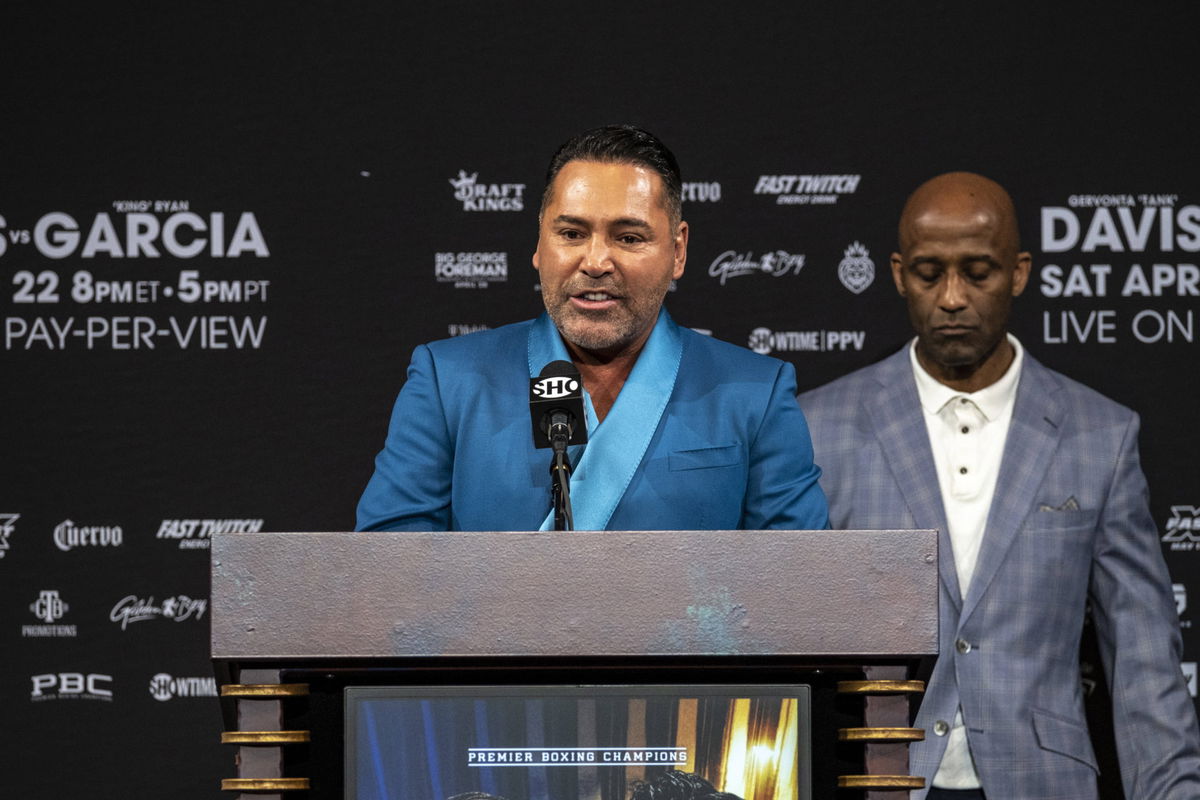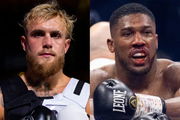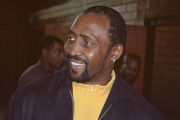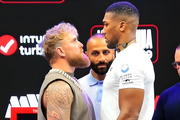
Imago
April 20, 2023, Las Vegas, Nevada, USA: Boxing legend and promoter Oscar De La Hoya address the media at the final press conference, PK, Pressekonferenz for the Tank Davis vs Ryan Garcia fight this Saturday from the T Mobile Arena on Showtime Pay Per View. Las Vegas USA – ZUMAd151 20230420_znp_d151_029 Copyright: xAdamxDelGiudicex

Imago
April 20, 2023, Las Vegas, Nevada, USA: Boxing legend and promoter Oscar De La Hoya address the media at the final press conference, PK, Pressekonferenz for the Tank Davis vs Ryan Garcia fight this Saturday from the T Mobile Arena on Showtime Pay Per View. Las Vegas USA – ZUMAd151 20230420_znp_d151_029 Copyright: xAdamxDelGiudicex
In the glitzy world of boxing, names become legends and legends often wear masks. Behind the fist and fury of every punch, there’s a story. A narrative not just of glory, but of raw human emotion. Oscar De La Hoya, celebrated as the ‘Golden Boy,’ is one such name. But what if we told you, there’s more to this legend than the belts and gold medals?
Watch What’s Trending Now!
His life, far from the flashes of cameras, unveils a different kind of fight. A struggle that’s more intimate, more personal. Every hook, jab, and uppercut in the ring mirrored battles far beyond it. Dive into a tale where the ring’s ropes held more than just a fighter. Discover a story where the toughest battles weren’t always against an opponent, but sometimes, against oneself.
ADVERTISEMENT
Oscar De La Hoya: More than just titles and triumphs
Oscar De La Hoya, often placed on a pedestal for his remarkable achievements in boxing, has a story that dives deeper than what meets the eye. Recognized for securing 11 world titles across six weight divisions and for his magnetic pull as one of boxing’s most significant draws, one would assume satisfaction. Yet, beneath this glittering surface lies an introspection few expected.
Transitioning into a reflective phase, De La Hoya, in his HBO documentary “The Golden Boy,” hints at a lingering discontent. “It’s like climbing a mountain,” he began, drawing a vivid analogy. “You want to get to the top. That’s your dream. But once there, satisfaction eludes.” It’s a paradox, he notes, having achieved so much, yet feeling a void. “Who in the world isn’t satisfied with 11 world titles? But I didn’t live up to my potential inside the ring.”
Top Stories
MVP Chief Issues Injury Update on Jake Paul After Sparring Incident Ahead of Anthony Joshua Fight

Fact Check: Is Boxing Legend Thomas ‘Tommy Hitman’ Hearns Missing?

Meet Christy Martin’s Wife Lisa Holewyne – Is She Also a Boxer? All About the Boxing Legend’s Personal Life

Badou Jack vs. Norair Mikaeljan Stats & Prediction: Record, Age, Weight, Height, Reach, Rankings, and Knockout Ratio

Jake Paul–Anthony Joshua Fight Questioned After Former WBC Champ Drops ‘Scripted’ Bombshell

ADVERTISEMENT
ADVERTISEMENT
Such candid revelations naturally lead one to ponder: What more could a boxing icon have desired? The answer, perhaps, was not more accolades, but a truer recognition of his own potential.
Joel Sr., De La Hoya’s father, weighed in on this sentiment. In a poignant remark, he said, “If Oscar had been 100% focused on his fights, he would’ve been better.” He lamented external influences, stating, “If his buddies hadn’t brought their little parties, leading him astray, things might have been different.”
As we navigate through these confessions, it becomes evident that Oscar’s battles transcended physical opponents. They were internal, shadowing him every time he stepped into the ring. Every punch thrown, every dodge maneuvered, had a deeper resonance. It wasn’t just about winning a match; it was about confronting himself.
ADVERTISEMENT
Also Read: Oscar De La Hoya Describes How Holly Sonders “Changed” His Life
Hence, we must ask ourselves: How well do we truly know the heroes we admire? And are we ready to embrace their imperfections as much as their triumphs?
Watch this story: Oscar De La Hoya, Claressa Shields, and Other Boxers Who Reacted to Dana White’s Recent Controversy With Wife Anne
ADVERTISEMENT
ADVERTISEMENT
ADVERTISEMENT
ADVERTISEMENT

